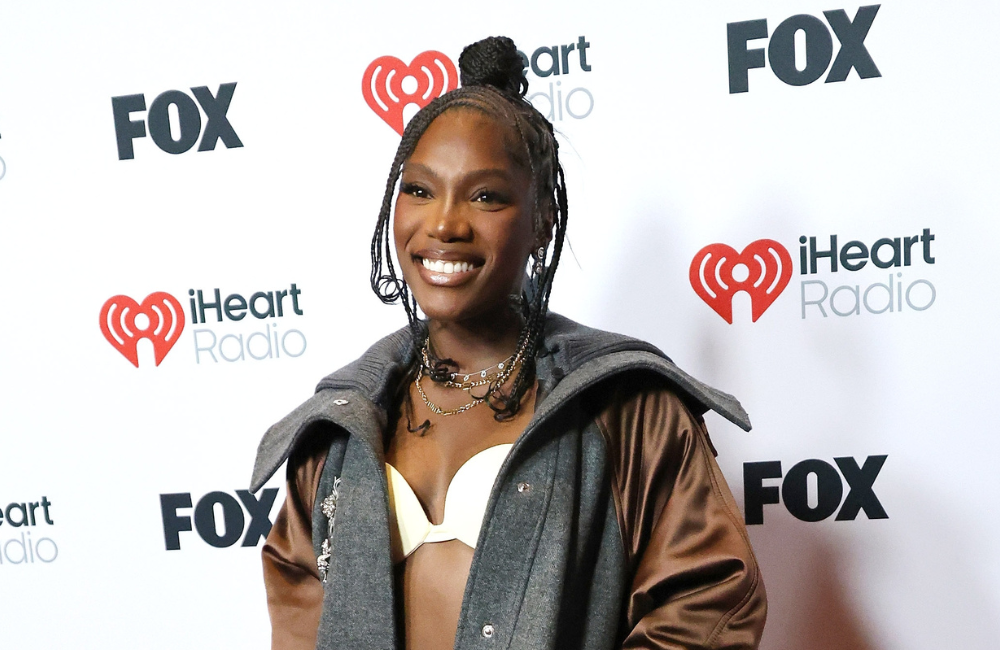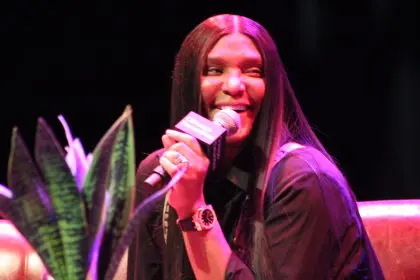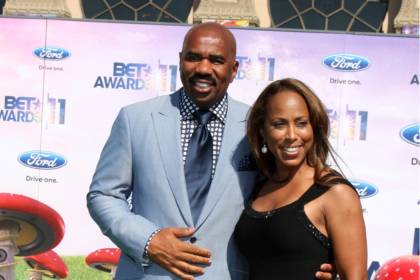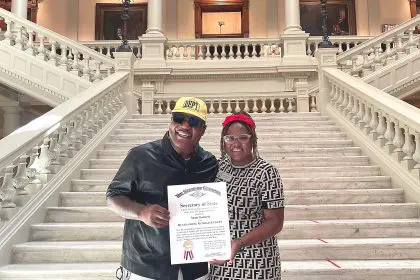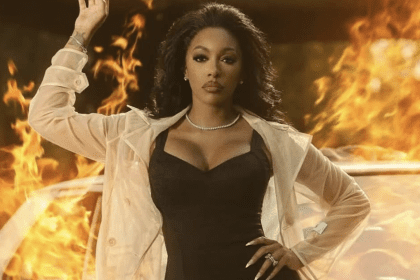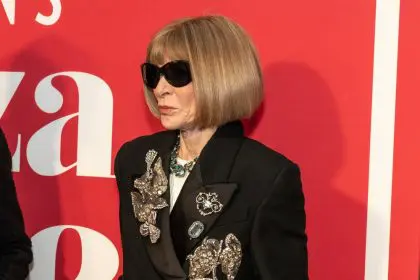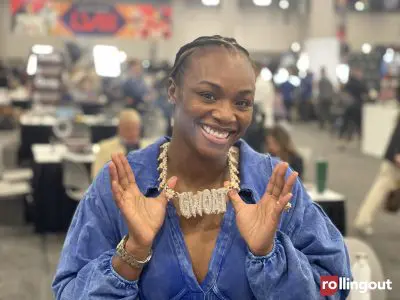Popular streamer Adin Ross finds himself facing serious consequences after his public criticism of rapper Doechii has resulted in significant financial repercussions. During a candid conversation with Akademiks, Ross admitted that his public relations were finally improving with promising deals in negotiation, but he lost both arrangements following his controversial comments. This setback demonstrates the tangible risks that content creators encounter when expressing inflammatory opinions in today’s interconnected media landscape.
The situation highlights a growing reality for influencers who increasingly depend on brand partnerships for substantial portions of their income. As Ross’s predicament illustrates, the boundary between authentic expression and professionally damaging behavior continues to blur for those in the public eye, with real economic consequences for crossing perceived lines of acceptable commentary.
Origin of the controversy
The incident unfolded after Ross launched into an unfiltered tirade against Doechii during one of his livestreams. His harsh commentary responded to a viral moment where Doechii expressed frustration with her team while preparing for the prestigious Met Gala. Ross held nothing back in his criticism, labeling her an industry plant and openly questioning her talent and achievements.
During his stream, Ross aggressively stated that Doechii was not comparable to established artists like Rihanna or Nicki Minaj, challenging her perceived attitude and industry standing. This unprovoked attack generated immediate backlash from fans and raised concerns among industry professionals about appropriate conduct and respect between content creators and musical artists.
Brand deals withdrawn
Following the incident, Ross expressed significant disappointment over losing advertising opportunities he had been particularly enthusiastic about. He emphasized that his frustration extended beyond the financial aspects, as he had been genuinely excited about the partnerships that fell through. Ross described one opportunity as a substantial arrangement that represented a major career milestone for him.
This situation serves as a cautionary tale about the interconnected nature of public perception and business opportunities in the creator economy. For streamers like Ross who build their careers on authentic personalities and unfiltered commentary, finding the balance between maintaining their brand identity and avoiding alienating potential business partners presents an ongoing challenge.
Professional contrast in responses
In contrast to Ross’s combative approach, Doechii demonstrated considerably more poise in addressing the situation. Following the controversy, she took to social media to issue an apology for her initial team-related frustrations and publicly praised her team’s efforts for her Met Gala appearance, noting they had performed exceptionally well.
Her measured and mature response established a stark contrast with Ross’s inflammatory comments, potentially strengthening her professional reputation while Ross faced mounting criticism. This divergence in crisis management approaches illustrates the importance of thoughtful communication for public figures, particularly when navigating controversial situations that attract widespread attention.
Implications for creator accountability
The Ross-Doechii incident illuminates larger conversations about accountability, responsibility, and the complex dynamics of social media influence. In an era where comments can be instantly amplified and preserved indefinitely, public figures must increasingly consider the far-reaching implications of their words and actions beyond their immediate audience.
For Ross, this situation serves as a sobering reminder about the potential consequences of unchecked emotional reactions and the importance of maintaining professional boundaries, even within casual streaming environments. The incident also highlights the evolving standards for influencer behavior as the creator economy matures and becomes more integrated with traditional entertainment and advertising structures.
Community perspectives and ongoing discourse
Reactions across fan communities have revealed significant divisions in perspective. Some supporters defend Ross, characterizing his comments as authentic expressions aligned with his unfiltered brand, while critics condemn his targeting of Doechii as unnecessarily harsh and potentially harmful to her career development and public image.
This polarization reflects broader cultural tensions surrounding celebrity criticism, acceptable boundaries for commentary, and evolving norms about how public figures engage with one another across different entertainment sectors. The controversy has sparked meaningful discussions about respect, professionalism, and accountability across social media platforms.
As both Ross and Doechii move forward from this incident, they face different challenges in their respective career trajectories. For Ross, rebuilding damaged brand relationships and restoring his commercial viability will be crucial, while potentially reconsidering how he navigates criticism of other public figures. For Doechii, continuing her musical ascent while managing public perception remains paramount.
This situation ultimately reinforces that in contemporary entertainment landscapes, words carry tremendous weight—not just in terms of public perception, but increasingly in tangible business consequences that can significantly impact careers and livelihoods.

